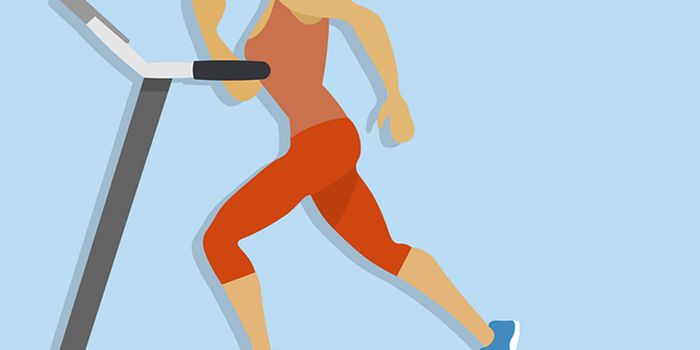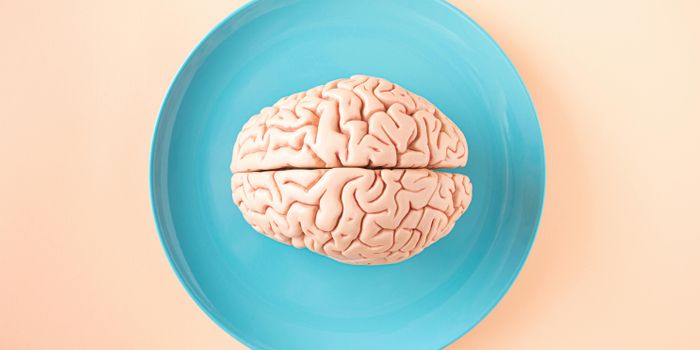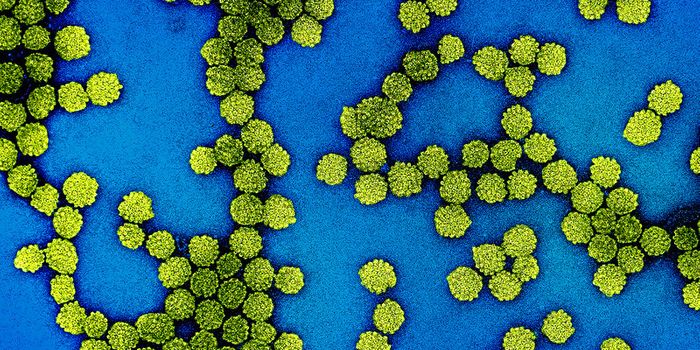Medical Cannabis Impairs Drivers No More Than Common Meds

Driving after cannabis use, on the other hand, is generally perceived as a much more serious misdemeanour.
However, new research has discovered that in terms of effect on performance, there is “little evidence” to justify treating medical cannabis patients differently than those who take other potentially intoxicating prescription medications and drive a car or operate machinery.
Researchers at the University of Melbourne and the Office of Medicinal Cannabis in Australia examined the regulatory approaches to managing road safety risks, and how these differ for conventional prescription medicines versus cannabis (specifically the psychoactive ingredient THC) in Australian jurisdictions.
They then measured the actual impact of different drugs on driving performance, and whether ‘zero tolerance’ drug driving legal frameworks, which criminalise the presence of THC in a driver's bodily fluids irrespective of impairment, can be justified.
The researchers found that road safety risks associated with medicinal cannabis were similar or lower than numerous other potentially impairing prescription and over-the-counter medications.
Common medicines that can impair performance include cold remedies and allergy products, such as antihistamines, sleeping pills, muscle relaxants and anxiety medications. However unlike with cannabis there are no rules that say people with traces of these drugs in their system are committing an offence.
The researchers wrote that the zero tolerance approach to THC “appears to derive from the historical status of cannabis as a prohibited drug with no legitimate medical application.”
They add that “this approach is resulting in patient harm, including criminal sanctions when not impaired and…the drug [is being used] directed by their doctor.”
Sometimes medicinal cannabis patients have even had to forfeit car use and lose their mobility as a result. This is unfair and needs to change, the authors of this study believe.
Sources: The Growth Op, Science Direct








